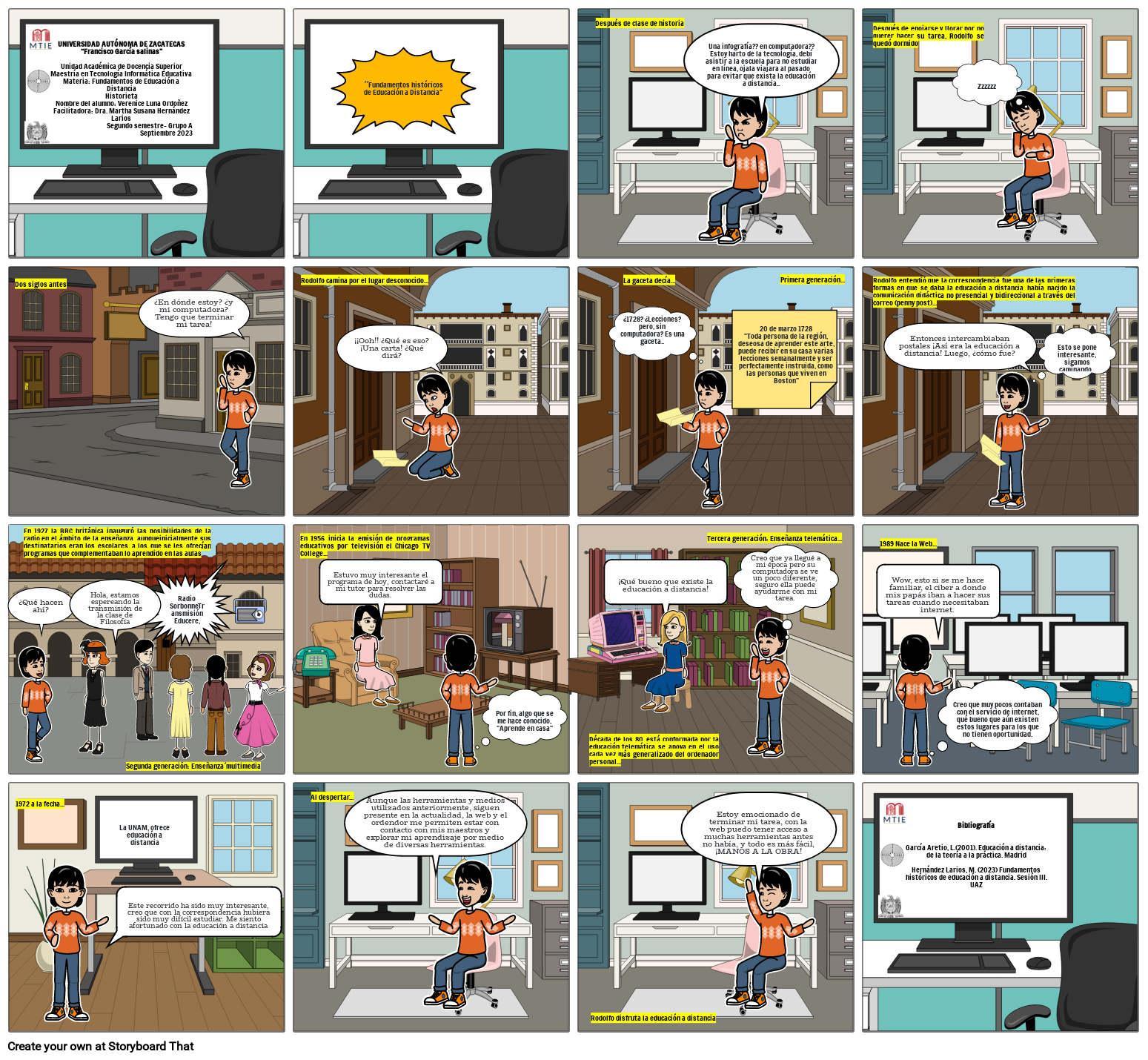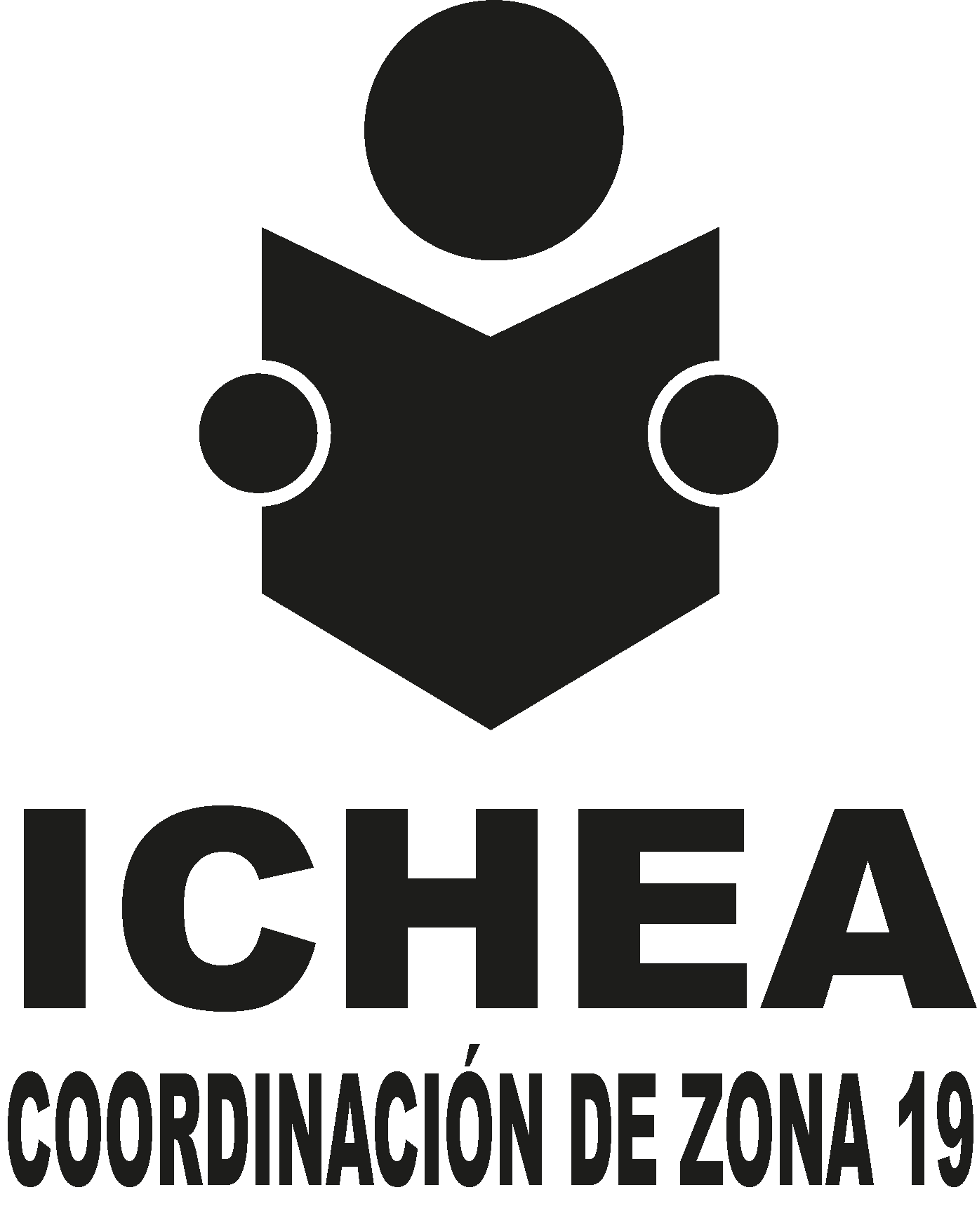Understanding The Child's Right To Education: A Focus On Niño Cartel Derecho A La Educación
Every child deserves access to quality education, a fundamental human right enshrined in international conventions and national laws. The phrase "niño cartel derecho a la educacion" highlights the critical need to ensure that children, regardless of their background or circumstances, are not deprived of this essential right. In many parts of the world, children face numerous barriers to education, including poverty, conflict, discrimination, and inadequate infrastructure. Addressing these challenges is not just a moral obligation but a societal necessity to build a brighter future for all.
Education is more than just attending school; it is a gateway to opportunities, personal growth, and societal progress. The concept of "niño cartel derecho a la educacion" emphasizes the importance of safeguarding children's access to education and ensuring that their voices are heard in discussions about educational policies. By prioritizing this right, we empower children to break the cycle of poverty, contribute to their communities, and become active participants in shaping a better world.
Despite global efforts to promote education, millions of children remain out of school or lack access to quality learning environments. This issue is particularly pressing in regions where systemic inequalities persist, and marginalized groups, including children from low-income families, girls, and children with disabilities, are disproportionately affected. To address these disparities, it is crucial to adopt a holistic approach that combines policy reforms, community engagement, and international cooperation. By focusing on the "niño cartel derecho a la educacion," we can create a more inclusive and equitable educational landscape.
Read also:La Apparel Redefining Fashion And Sustainability
Table of Contents
- What is Niño Cartel Derecho a la Educación?
- Why is Education a Fundamental Right for Children?
- How Can We Promote Niño Cartel Derecho a la Educación?
- What Are the Barriers to Education for Children?
- How Does Education Empower Children?
- The Role of Governments in Ensuring Educational Rights
- Community Efforts to Support Niño Cartel Derecho a la Educación
- How Can International Organizations Help?
- The Impact of Education on Society
- Conclusion: The Future of Niño Cartel Derecho a la Educación
What is Niño Cartel Derecho a la Educación?
The term "niño cartel derecho a la educacion" refers to the collective efforts and advocacy aimed at ensuring that every child has access to quality education. This concept underscores the importance of prioritizing children's educational rights and addressing the systemic issues that hinder their access to learning opportunities. It serves as a reminder that education is not a privilege but a fundamental right that must be protected and promoted.
Why is Education a Fundamental Right for Children?
Education is recognized as a fundamental human right under the Universal Declaration of Human Rights and the Convention on the Rights of the Child. It is the foundation for personal development, social progress, and economic growth. Without education, children are denied the tools they need to succeed in life and contribute to their communities. The focus on "niño cartel derecho a la educacion" highlights the urgency of addressing this issue and ensuring that no child is left behind.
How Can We Promote Niño Cartel Derecho a la Educación?
Promoting the "niño cartel derecho a la educacion" requires a multi-faceted approach that involves governments, communities, and international organizations. Some strategies include:
- Implementing inclusive policies that address the needs of marginalized children.
- Investing in teacher training and educational infrastructure.
- Raising awareness about the importance of education through campaigns and advocacy.
What Are the Barriers to Education for Children?
Children face various obstacles that prevent them from accessing education. These barriers include:
- Poverty, which forces children to work instead of attending school.
- Conflict and displacement, which disrupt educational systems.
- Discrimination based on gender, ethnicity, or disability.
Addressing these challenges is essential to achieving the goals of "niño cartel derecho a la educacion."
How Does Education Empower Children?
Education is a powerful tool that empowers children to overcome adversity and achieve their full potential. It equips them with the knowledge, skills, and confidence needed to navigate life's challenges. By focusing on the "niño cartel derecho a la educacion," we can create opportunities for children to thrive and contribute to their communities.
Read also:Ralph Sampson A Remarkable Icon In Sports And Beyond
The Role of Governments in Ensuring Educational Rights
Governments play a crucial role in safeguarding children's educational rights. They are responsible for enacting policies that promote inclusivity, allocate resources for education, and ensure accountability. By prioritizing the "niño cartel derecho a la educacion," governments can create an enabling environment for children to access quality education.
Community Efforts to Support Niño Cartel Derecho a la Educación
Communities also have a vital role to play in supporting children's educational rights. Grassroots initiatives, parent-teacher associations, and local advocacy groups can work together to address barriers to education and promote inclusivity. These efforts align with the goals of "niño cartel derecho a la educacion" and help create a supportive learning environment for children.
How Can International Organizations Help?
International organizations, such as UNESCO and UNICEF, play a key role in promoting children's educational rights globally. They provide funding, technical assistance, and advocacy to support initiatives that align with the principles of "niño cartel derecho a la educacion." Their efforts help bridge gaps and ensure that education remains a priority on the global agenda.
The Impact of Education on Society
Education has a profound impact on society, fostering economic growth, reducing inequality, and promoting social cohesion. When children are educated, they are better equipped to contribute to their communities and drive positive change. The focus on "niño cartel derecho a la educacion" underscores the transformative power of education and its role in shaping a better future for all.
Conclusion: The Future of Niño Cartel Derecho a la Educación
The journey toward achieving universal access to education is ongoing, but the focus on "niño cartel derecho a la educacion" provides a roadmap for progress. By addressing barriers, empowering communities, and fostering collaboration, we can ensure that every child has the opportunity to learn and grow. Together, we can build a world where education is a reality for all, not just a privilege for a few.
What Does LBVS Mean In Text? A Comprehensive Guide To Understanding This Trendy Acronym
How To Make A Plant Pot On Minecraft: A Complete Guide For Beginners And Experts
Discovering The Charm Of The Cutest Seal Baby In The Sea

Cambios de la Educación a Distanci Storyboard by acb63e93

Instituto Chihuahuense de la Educacion Abierta Logo Vector (.Ai .PNG